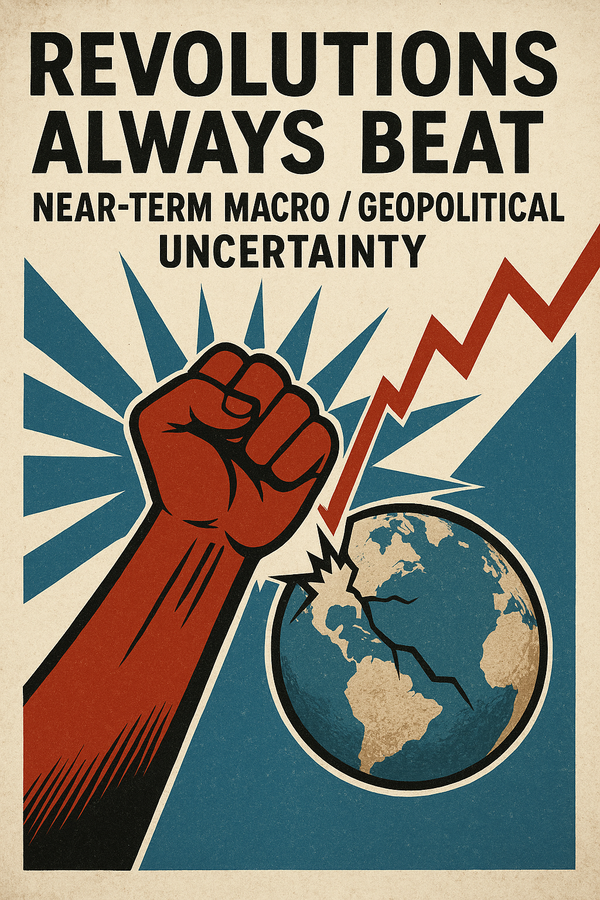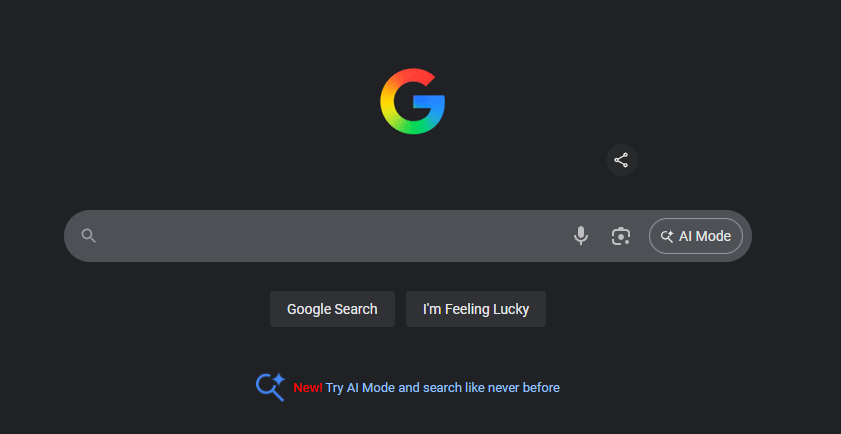What if the “worst-case scenario” is actually the best-case scenario?
Most traders seem relieved about whatever the latest wealth redistribution from the masses to the banking system that the powers that be in the E.U. have come up with. Everybody I talk to is worried that the E.U. and the euro currency will collapse, and all the smart money people I talk to are convinced that Greece will be that first domino. The Germans complain that they’re bailing out Greece, but the only people being bailed out are the big banks, including Germany’s and France’s in this case. Whatever, let’s not get lost in the weeds.
The framework of government in Europe doesn’t matter to the long-term fundamentals of most of our country’s biggest companies, other than those that truly are Europe-dominant in their customer base. And even those would be much better off were the EU to break apart and the huge banking welfare/government system that they’ve used to create the tragic kleptocracy that we’ve seen develop there in the last 10 years. (Much like the destructive ramifications of the ongoing bank-welfare system that our both parties mistakenly call “American capitalism” these days.)
The point is — might the so-called “Worst-case scenario” of a collapse to the E.U. and the Euro actually be the BEST-case scenario? Might demand in Greece not recover faster were it to leave the EU and leave it fast? See Iceland vs. Ireland for more. Iceland didn’t bail out Europe’s banks that had bought all the crap the Iceland banks had been peddling. They’re now back booming, with a growing economy and plenty of access to global capital at low rates. Ireland? They, like Greece, Italy, Spain, et al (including the U.S.) keep coming up with new gimmicks of wealth transfer that keep the owners and managers who destroyed their own companies with stupid/negligent/greedy/corrupt business practices and politicians they fund in power. Instead of taking the losses, forcing out the bad and bringing in fresh new management to allocate capital. (You know, like they’re supposed to do in that “American Capitalism” system that no longer exists.)
Anyway, back to the E.U. and the euro and its complete unimportance to you and your investments here in the U.S. Did you know that the Dow Jones Industrial Average DJIA was at 9,184 or so on Jan. 1, 1999.
Given the current quotes of the major indexes, we’re talking about less than 2% annualized gains for the markets since the E.U. and Euro started.
In other words, the stock market’s returns since the founding of the euro hasn’t even matched inflation. But, but, but everybody says Greece leaving the E.U. and the euro’s demise would be awful! Say what?
Heck, you know that the DJIA was up 20% per year for the five years heading into the initiation of the Euro? The markets gave more than 10% annualized returns for the decade before the Euro started. And in the decade since, the markets have been roiled and range-bound. In the first five years after the euro started, the markets went straight DOWN. Not up.
Of course, now you guys are going to leave comments about how there were all these other factors that were affecting our stock markets — the real estate bubble and the credit crisis and the bailouts and so on. Exactly my point! Did the euro matter to your portfolio? Will its demise matter to your portfolio?
I’ve asked before: Will Apple AAPL sell fewer iPads in 2013 if Poland, Slovenia, Greece and Spain all leave the Euro and go back to using their own currencies?
And: Will earnings in the huge move from cell phones to Google’s GOOG Android smartphones and the huge economic boom for companies like Marvell MRVL and Skyworks SWKS selling into that move suddenly reverse itself if Germany, France and Austria are left using the euro and to bail out their own banks instead of depending on Greek taxpayers’ to take all the hit for the fraudulent accounting that the government there had used for years with Goldman’s help leading into the crisis?
I think I prefer the so-called “Worst-case scenario for Europe and the E.U.”. But I don’t think either case will really matter much to my portfolio as long as I continue to focus on buying the best, fastest growing companies at good prices and shorting worthless companies. As for today, I’m not making any big moves to start off the week. I bought a little Visteon VC common stock. Not a big purchase, but the stock is down since we did our first tranche and it’s time to add another bit of common in this one.
And be sure to check out my Revolution Investing Newsletter published here on Marketwatch.
Cody Willard writes Revolution Investing for MarketWatch and posts the trades from his personal account at TradingWithCody.com. At time of publication, Cody was net long Apple, Google and Marvell and Visteon.




